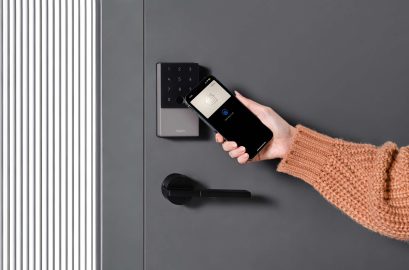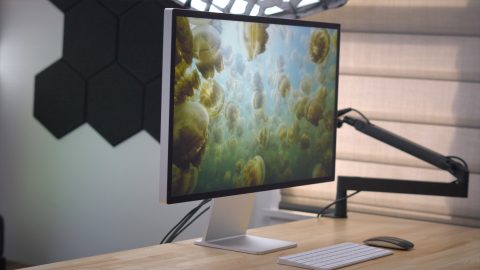
As the Epic vs Apple trial continues, the latter has submitted a filing in the case to have the court make a ruling on Epic’s allegation that iOS is an essential facility. Apple believes the judgment should be granted in its favor as Epic hasn’t offered up evidence for the claim and provides two core reasons for why it should be dismissed.
In the court filing made by Apple last night seen by 9to5Mac (see below), the company lays out two reasons that it believes Judge Yvonne Gonzalez Rogers should dismiss the essential facility claim – beyond Epic not submitting proof.
First, Apple says proprietary operating systems protected by patent and copyright laws cannot be essential facilities.
Epic’s own expert thus refused to equate iOS with a public utility, and therefore conceded the predicate of Epic’s essential facility claim.
A proprietary operating system encompassing features and functionalities protected by patent, copyright, and other intellectual property laws cannot constitute an essential facility. Intellectual property is protected by a discrete legal regime, which gives the owner the power to exclude others from using or profiting from the owner’s intellectual property.
And Apple says that Epic’s Fortnite being “successful” before it arrived on iOS is proof that its operating system is not an essential facility – highlighting Fortnite’s App Store sales made up less than 10% of its total revenue:
Epic’s own experience, as established by the trial evidence, confirms that there is nothing “essential” about iOS. Fortnite was a success before it was made available on the App Store, Trial Tr. 1337:19–21 (Weissinger), and Fortnite’s revenues from iOS (prior to its removal) accounted for just 7% of its total revenue, DX-4766.
For its second point, Apple says that Epic still has access to iOS if it agrees to the App Store terms and conditions:
There is no dispute that Epic actually has access to iOS. Epic, like all other developers, may obtain “access to the tools and permissions for writing iOS apps,” and may distribute those apps through iOS, by agreeing to the DPLA. Ex. Expert 1 ¶ 100 (Evans). And Epic clearly did (prior to Project Liberty) distribute its apps through iOS and the App Store. So do millions of other developers.
We’ll have to wait to see how the court rules on Apple’s request to dismiss this allegation. However, even if Apple wins this ruling, it doesn’t mean the company will win the entire suit.
As the trial continues today, Apple’s Senior Vice President of software engineering, Craig Federighi is set to testify.
You can find the full court filing below:
[scribd id=508479909 key=key-hrGkGH7YR5msIp93Ph2F mode=scroll]
Related:
- Phil Schiller testifies as Apple begins to present its case in Epic lawsuit
- After being put in the middle of the Epic vs. Apple case, Roblox says its developers make ‘experiences’ not games
- Epic vs. Apple court case: First week recap
- Epic CEO says he would have taken a special App Store deal if Apple had offered
- Apple and Epic go head-to-head in fiery opening remarks of highly-anticipated trial
FTC: We use income earning auto affiliate links. More.







Comments